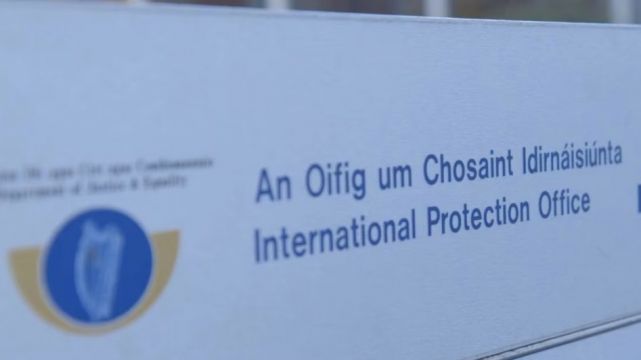An asylum seeker from Georgia has been awarded €21,900 in damages to compensate for being refused access to the labour market while a decision on his international protection application was delayed.
The so-called Francovich damages can be awarded against a State that breaches European Union law.
Mr Justice Mark Heslin awarded the sum this week in a follow-up to finding last June that the State incorrectly transposed a 2013 EU directive laying down standards for the reception of international protection applicants.
He noted the respondents- the International Protection Appeals Tribunal (IPAT), Minister for Justice, Attorney General and Ireland - intend to appeal his June ruling.
The 26-year-old applied for international protection in Ireland in September 2019 on grounds he would allegedly face a real risk of suffering serious harm if returned to Georgia.
Up until 2021, applicants were entitled to seek access to the labour market eight months after submitting their claim. This has since been reduced to five months. The longer period was still in force when this applicant applied in June 2020.
The IPAT refused labour market access to the man after finding he was responsible for the delay. This conclusion, the judge said, was inconsistent with evidence that Covid-19 had also affected progress.
A decision that acknowledged Covid-19’s role meant the delay could only be “attributed in part” to the applicant.
However, the provision, contained in the European Communities (Reception Conditions) Regulations 2018, for attributing the delay “in part” does not appear in the 2013 Directive, the judge said.
The applicant, represented by Conor Power SC, was entitled to a declaration that there was a failure to properly transpose Article 15(1) of the 2013 Directive, he held.
A further hearing was held last month on the issue of whether or not Francovich damages were appropriate.
In his second judgment, given this week, Mr Justice Heslin said the Article 15(1) right to labour market access is not unconditional, but it was his view that it “certainly is a right” and is recognised as a material reception condition right by the Court of Justice.
He also held that an error resulting in the deprivation of labour market access is, “on any analysis, “material and serious”.
The additional wording contained in the 2018 Regulations does not clarify a proposition of the 2013 Directive but “change it in a material way”, he added. The man also established a “direct causal link between the breach and damage sustained by him”, the judge said.
The applicant was later allowed to work and earned a maximum weekly sum of €420.72 working as a labourer in the construction industry.
The judge found, based on evidence submitted to him, that this was the appropriate sum to award for each week the man was deprived of labour market access.
He calculated that damages should be payable for 52 weeks, totalling €21,877.







